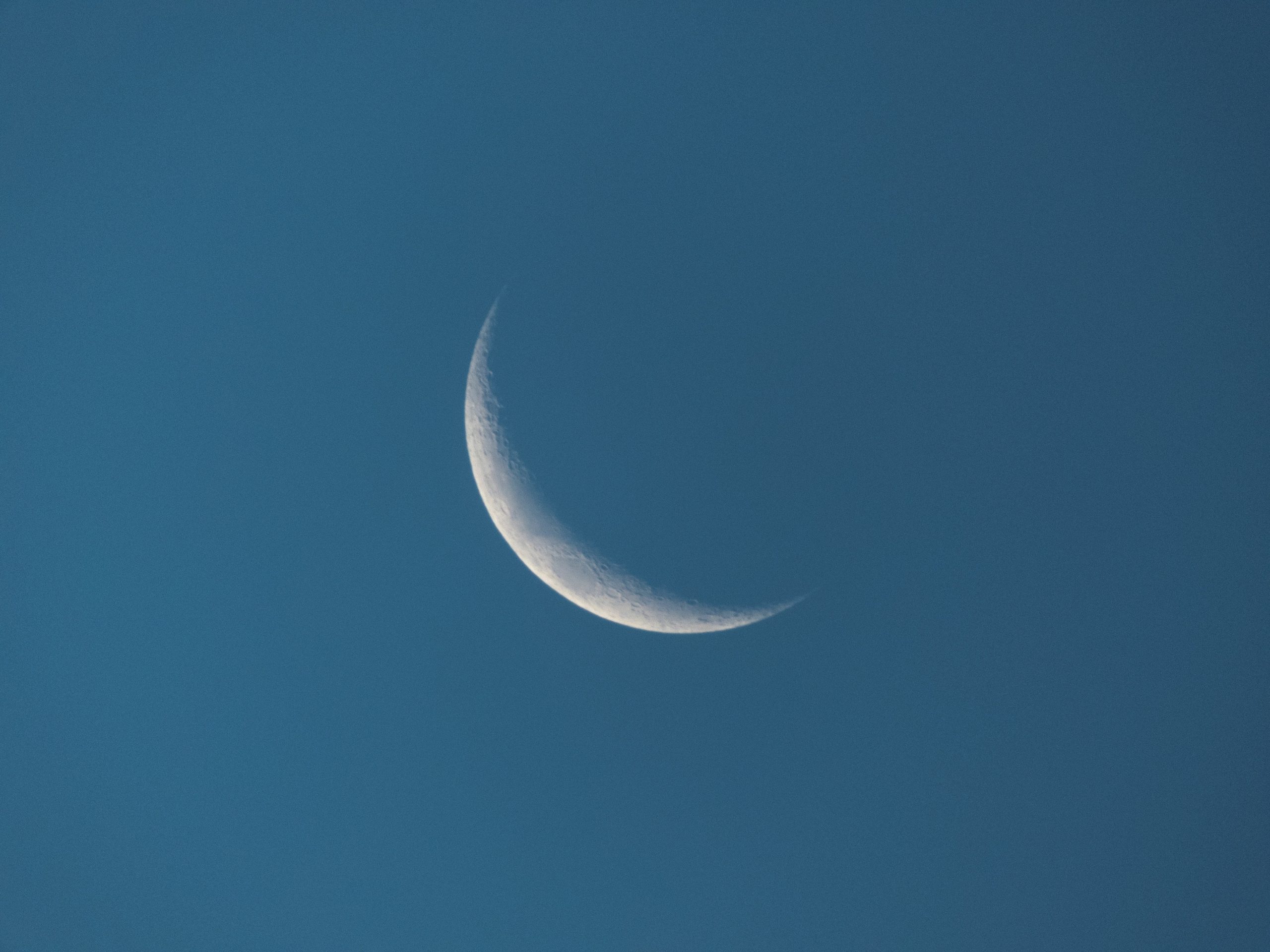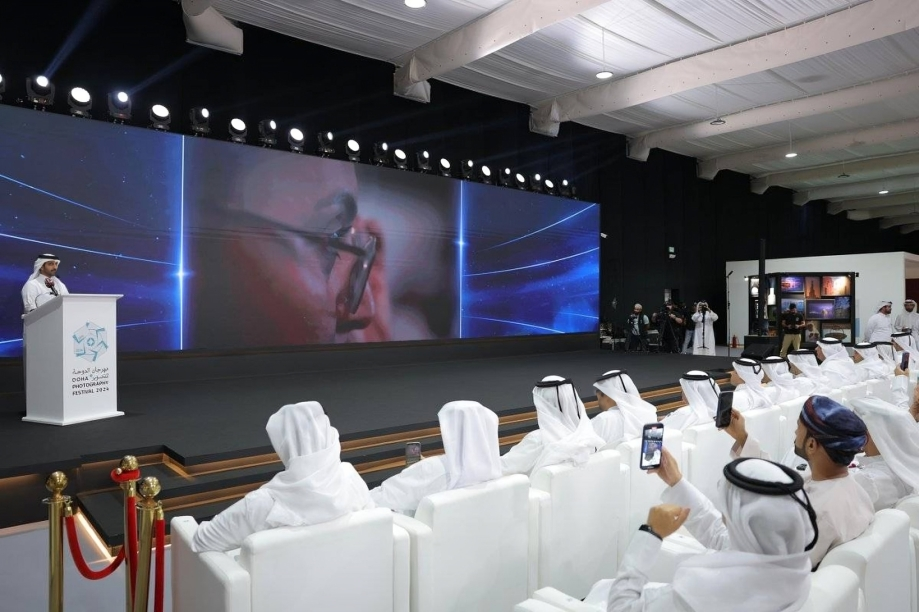Muslims sometimes end up engaging in heated discussions about Ramadan with non-Muslims in comment sections or on social media, so Doha News has taken the initiative to refute some common misconceptions.
The holy month of Ramadan has made its annual return, bringing with it a time of spiritual reflection and self-discipline for Muslims worldwide.
As believers ready themselves for thirty days of worship and humility, they also find themselves mentally preparing for the well-intentioned, albeit occasionally misinformed, inquiries from non-Muslim colleagues, friends, and neighbours about the intricacies of fasting.
Misconceptions about Ramadan circulate on social media before and during the sacred month, often accompanied by questions like “Even water?”
While these misconceptions have become a source of humour, it is essential to debunk some of these common misconceptions:
“But is it safe?”
Contrary to the belief that fasting is inherently unsafe, most Muslims find this notion condescending.
While fasting during scorching summer days can be challenging, the reality is that the majority do not feel taxed.
Exemptions exist for new mothers, the elderly, the chronically ill, and pregnant women, prioritising health over ritual.
Another means of gaining the benefits of spiritual rewards in Ramadan would be giving zakat or fidyah (a charitable form of compensation) for the days the person has missed.
“You must be starving”
Despite assumptions that a day-long fast begs for a massive feast during iftar, the truth is that hunger may not be as intense as anticipated by the time and a ten-course extravaganza is far from the norm.
“You probably eat loads the night before”
Debunking the belief that suhur involves a grand feast, many Muslims opt for a simpler fare of a couple of dates, yoghurt, cereal, eggs, and fruit, steering clear of excessive indulgence.
Many Muslims do this as a big meal leaves a bigger appetite for the next day and brings about thirst.
“You fast to feel for the poor?”
While fasting may foster empathy for the less fortunate, its primary purpose is to cultivate ‘taqwa’ — God-consciousness.
Deprivation of basic necessities allows for intensified worship and gratitude towards the divine.
“So is that all you do in Ramadan?”
Contrary to common belief, Ramadan involves more than abstaining from food and drink.
Muslims are called to refrain from sexual relations, arguments, lying, and backbiting — a holistic approach to character improvement and spiritual closeness to God.
It is highly regarded as a month of rejuvenation and introspection, through which many view it as a restart button to better themselves for the remainder of the year and onwards.
“But can you brush your teeth?”
Amid conflicting views on tooth brushing during fasting, maintaining good hygiene is a must.
Using the ‘miswak,’ a twig from the Arak tree, is one option, but conventional brushing is acceptable too as long as one is careful not to swallow the products.
“You just had water. Can you continue fasting now?”
Although commonly assumed, mistakenly eating or drinking during fasting does not end the fast. If one genuinely forgets that they are fasting and consume water or food, their fast remains valid.
One exception to this rule is if they are in the process of ablution and accidentally swallow water.
“You lose a lot of weight this month”
While weight loss is not Ramadan’s primary goal, many secretly hope to shed a few kilogrammes.
However, the reality is that excessive calorie consumption during iftar and suhur can lead to weight gain.
Fasting, a short-term solution, is unlikely to yield lasting weight loss beyond Eid unless the individual continues the health cycle of abstention from over-indulgence.







